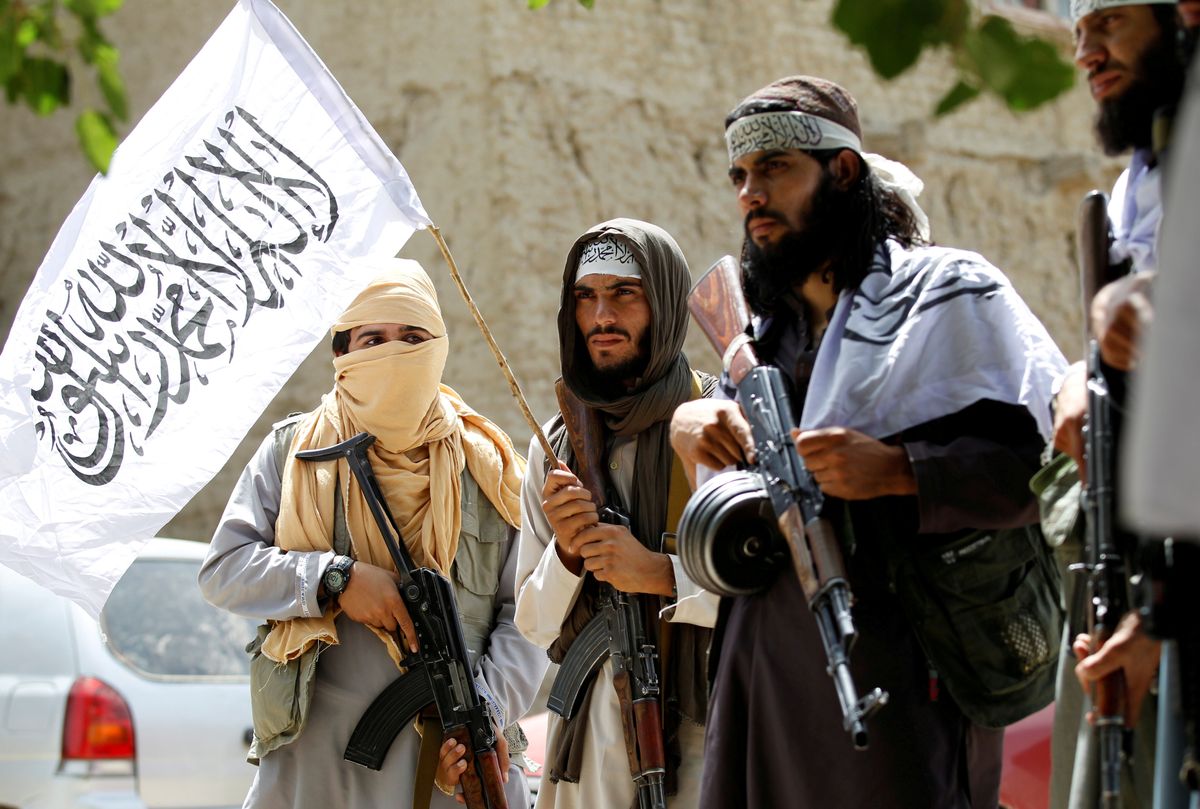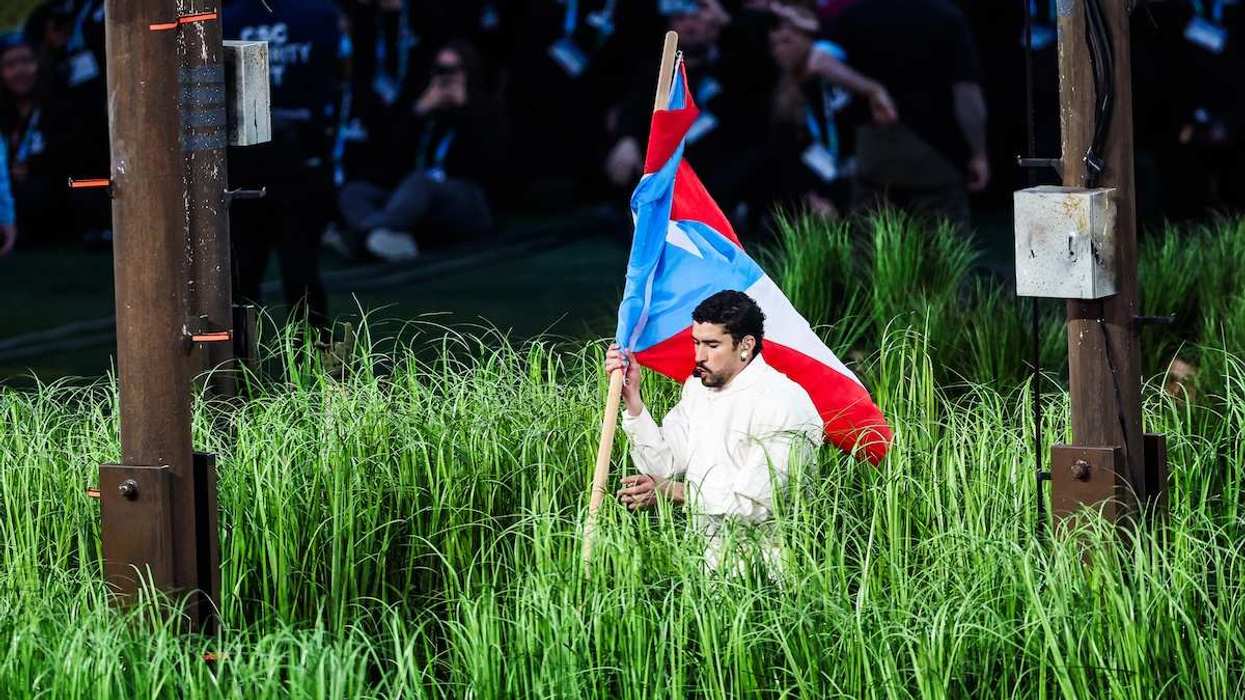This week, the Trump administration began the latest round of negotiations with the Taliban intended to bring an end to the 17-year long war in Afghanistan. The work of the US envoy, Zalmay Khalilzad, was abruptly upended last month when President Trump announced the intended withdrawal of about half of the 14,000 US troops still serving there. A spectacular attack by the Taliban on Afghan intelligence services earlier this week that killed more than 100 people didn't help.
But then yesterday, after months of diplomacy, there was a potential breakthrough, when the Taliban promised not to support militant groups like Al Qaeda and ISIS operating within the country's borders – a concession the US sees as important for guaranteeing the country doesn't once again become a haven for attacks against its citizens.
Is the longest war in US history coming to an end? Here's a few thoughts from your Friday author and special contributor Adam Pourahmadi on why we should be skeptical:
- The Taliban: The latest attack by the Taliban proves that it's bargaining from a position of growing strength. Its leaders say they won't negotiate with the Afghan government until the US agrees its troops will leave the country and releases Taliban prisoners.
- The US: President Trump doesn't like negotiating with those who have leverage, and he's very unlikely to order a troop withdrawal while the Taliban is on the attack. Nor is he likely to accept a deal that depends heavily on the Taliban keeping its promise that Afghanistan won't once again become a terrorist training ground. Particularly since the Taliban wants post-war Afghanistan to become an Islamic Emirate.
- The Afghan government: There will be no lasting peace in Afghanistan until there's a sustainable balance of power between the Afghan government and the Taliban. Today, government control extends to just 56 percent of the country's territory, down from 72 percent in 2005. For now, the government in Kabul is not part of the talks, and the withdrawal of US troops would only weaken its negotiating position.
- The Wildcard: Finally, it's not clear that the Taliban in the room with Khalilzad and those who carried out the latest attack are on the same team. The Taliban has factions, and it's not clear who can speak for all of them.

















